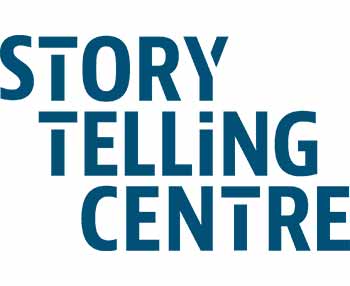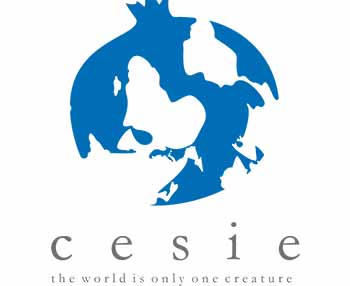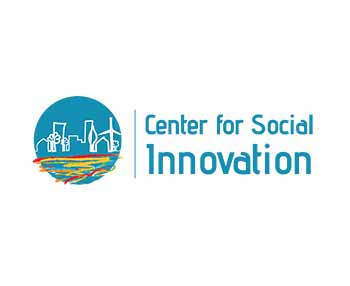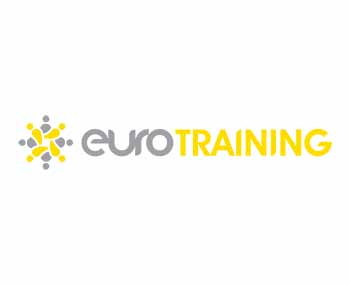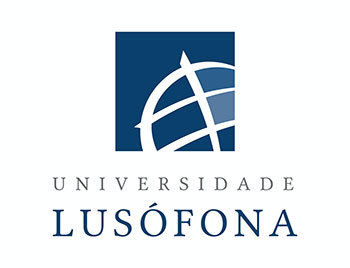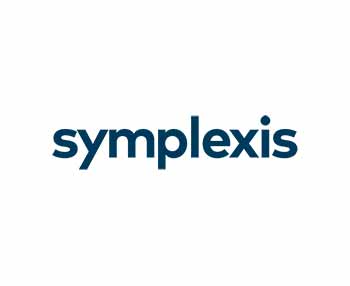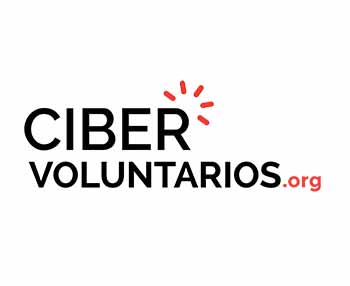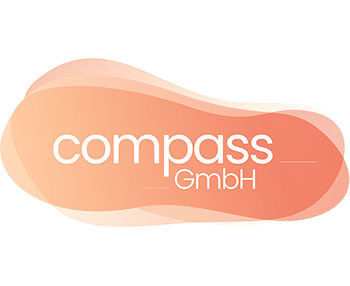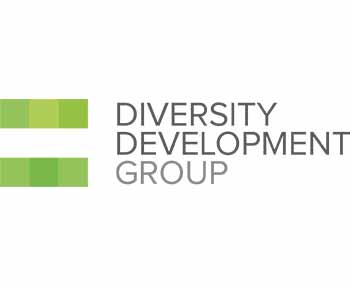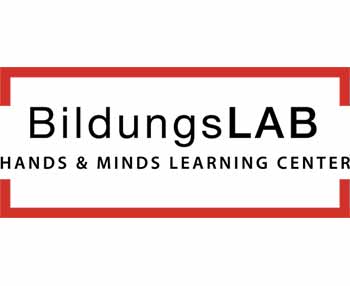The project DIGIMI (DIGItal storytelling for Migrant Integration) is funded by the AMIF Programme of the European Commission, aiming to provide solutions regarding transnational actions on asylum, migration and integration. It has as key objective the involvement of the local community to facilitate social integration for migrants through volunteering activities to provide support to third-country nationals in areas such as knowledge of the new local environment, “ways, customs and habits” of the new society as well as understanding of the latter through digitally narrated stories.
Storytelling regarding present and past recollections, interests and hopes is associated with coping mechanisms, and recently arrived third-country nationals can exchange, compare and combine their stories with those of long-established migrants and local populations in the affected partner communities.
CONSORTIUM
The partnership is composed of organizations from the Netherlands, Italy, Cyprus, Greece, Portugal, Austria, Spain, and Lithuania ensuring a geographical variety with staff from diverse social and professional backgrounds, ensuring the implementation of this multilevel and interdisciplinary project.
Storytelling Centre – Netherlands
Storytelling Centre believes in the power of storytelling. They are also convinced that in a balanced, culturally diverse society, there should be space for everyone’s story. In an ever-changing society, we see it as a necessity to provide a platform for all those stories, in the theatre and in society, and to encourage people to connect through stories. That is their mission. In recent years Storytelling Centre has developed numerous activities in the field of storytelling. The Centre is now known nationally and internationally as a training center, festival producer, producer of urgent performances by young storytelling talents and as a supporter of cultural diversity and connectivity between diverse cultural backgrounds.
CESIE – Italy
CESIE is a European center of studies and initiatives established in 2001. Its operational structure is based on 3 Departments, Local Cooperation, European Cooperation, International Cooperation and 6 operational units: Migration, Higher Education and Research, Rights and Justice, Adults, School, Youth. Training is the fundamental tool for the development of skills, human capital, personal and professional growth, for this reason, the Migration Unit develops, transfers and adopts innovative educational approaches through projects and exchanges of experiences at local, regional, national and European level, integrating them into its daily activities. The unit works to ensure that its activities have a real impact on the lives of beneficiaries by offering structured pathways aimed at the integration and social inclusion of young people of both foreign and non-foreign origin, and by implementing training pathways based on the learning needs of migrants of all ages. Through networking with associations active in Palermo, it conducts research and surveys of emerging needs, in line with political decisions on immigration, and refines tools and intervention models.
CSI CENTER FOR SOCIAL INNOVATION LTD – Cyprus
Centre for Social Innovation (CSI) is a Research and Development organization which focuses on fostering social innovation that can bring about a positive change to local, national, regional and global contexts. CSI team is composed of open-minded, fully equipped researchers, educators, trainers, social entrepreneurs, youth workers, project managers, trainers and Technology and Digital Transformation Experts. In this context, CSI encompasses the capability and capacity to identify social needs, design and implement adjusted initiatives and provide for sustainable growth. The areas of expertise are in the fields of education and training, labor market, sustainable development, educational technology, social entrepreneurship, project management, product validation, and quality assurance.
EUROTraining Educational Organization – Greece
Eurotraining is a Vocational Educational Centre of national scope, specializing in the sectors of Entrepreneurship, ICT, Financial Management and Tourism. The organization aims to satisfy the needs of enterprises, bodies & organizations both in the public and the private sector, by addressing the labor potential of the market who wants to upgrade their qualifications and abilities. This may include unemployed people, newly employed people, new and young entrepreneurs, employees, disabled people, enterprises officers, graduates of high schools and Universities, and others. Key Activities provided are modern vocational training programs (blending learning using ICT), web-based Learning Management Systems, human resources training seminars, and inter- entrepreneurship training seminars. Eurotraining holds 3 affiliations in three main cities in Greece (Athens, Thessaloniki, Volos), with teaching classrooms, IT Laboratories, specialized equipment for disabled people, libraries with internet access, child care facilities, and evaluation system of training tasks (ARGUS ERP).
COFAC / Lusof University – Portugal
The University has a large experience in research and project management of European and international projects. participate in the project with the Centre for Research in Applied Communication, Culture, and New Technologies (CICANT), from the School of Communication, Architecture, Arts and Information Technologies (ECATI), and the Lusophone Observatory for Economic Activities (OLAE). CICANT promotes theoretical and applied research on all its subject areas, particularly focusing on knowledge transfer and exchange with industry other R&DUs at the cross of media, arts, culture and technologies. OLAE has wide experience with local communities and vulnerable populations, particularly migrants, giving them technical assistance on a regular basis and within Human Rights field contributes with a specialized team to enrich the project and is now working under CICANT coordination.
SYMPLEXIS – Greece
Symplexis is a Greek non-for-profit organisation aiming at elevating social cohesion, serving the modern needs of populations at risk of social exclusion and promoting human rights. Symplexis cooperates with a diversified team of highly dedicated professionals, with a track record of over 100 EU funded projects. The organisation maintains also a wide network of collaborating organisations not only in Greece but almost in all EU countries. Symplexis’ professionals have successfully supported, empowered and contributed to the integration of third country nationals in various ways and under different projects like:
- Integration of third country children into the formal education system of their recipient countries (as part of an AMIF funded project)
- Capacity building of professionals working with third country nationals in terms of being able to foster social entrepreneurship from third country nationals (as part of an Erasmus+ funded project)
FUNDACION CIBERVOLUNTARIOS – Spain
Fundación Cibervoluntarios is an international non-profit organization made up of social entrepreneurs. Since 2001, it has promoted the training and appropriation of technology by citizens and institutions with one common goal: to foster digital transformation with social impact and to expand the rights, opportunities and capacities of thousands of people through the use and knowledge of all kinds of tech tools through digital competences. To achieve this, they work with a network of more than 1,900 cybervolunteers and collaborate directly with almost 1.000 social based entities and organizations nationwide and international. They see Technology as a tool that helps citizens to generate impact and social transformation. They create bespoke projects collaboratively, almost always replicable and scalable. Creating and developing actions in a disruptive, open, transparent, ethical, sustainable and inclusive way. In these 20 years of trajectory, Cibervoluntarios.org has received several international recognitions such as being one of the Europe’s 100 Digital Champions by the Financial Times or being selected by Forbes magazine in 2021 as one of the “Other 100 Greatest Fortunes of Spain.
COMPASS GmbH – Austria
COMPASS is a non-profit private company aiming to support disadvantaged groups who encounter economic, social, and cultural predicaments. A number of their programmes focus on fostering multicultural and inclusive societies aiming to promote the professional and social integration and inclusion of migrants and refugees. Their main goal is to support the educational and professional empowerment of disadvantaged groups as steppingstones for nurturing their sense of belonging, social network and independence. Thus, they strive to build strong collaborations with local stakeholders in implementing innovative tools and approaches to address the obstacles faced by disadvantaged groups, as well as with policy makers aiming to achieve long-term impact and permanent solutions for ongoing challenges. Our programmes cover indicatively the following areas:
- Educational and vocational counselling
- Language training for people with migration and refugee background
- Literacy training
- Multilingual guidance for education and career counselling for refugees and migrants
- Media workstation for young migrants (workshops in radio, film, photography & creative writing)
DIVERSITY DEVELOPMENT GROUP – Lithuania
DDG is a non-profit organisation with an objective to carry out social (scientific, applied, and infrastructural) projects and research in the field of human rights, education, equal opportunities, diversity, migration and integration. The strategic aim of the organisation is to improve and manage diversity towards a sustainable, tolerant and socially responsible society. DDG aims for the following results:
- Inform and educate the society about the various minority groups: dissemination of research results, seminars, conferences, trainings, social actions. Active participation in shaping public attitudes
- Actively participate in the development and implementation of social policies to ensure the protection of vulnerable groups in the society (including prevention of discrimination, promoting tolerance, improving equality and human rights)
- While aiming for a harmonious, tolerant and fully integrated society, to create and develop mechanisms for intersectional cooperation: to include governmental institutions, NGOs, academia, independent experts and business sector in shaping social policies, political debates and discourse
- Raise awareness about human trafficking in contemporary societies
BildungsLAB – Hands&Minds Learning Center – Austria
It is a non-for-profit society and equip people with stimulating tools to thrive and become innovators in their personal and professional lives. Their transformative national and international life-long-learning programs are rolled out through instructional design training based on hands-on activities and experiential learning. They collaborate with educational for adult learning and VET providers. municipalities, national and international funding organizations, small and medium enterprises and their decision makers, leaders, managers, as well as with facilitators and other multipliers.
OBJECTIVES
The Project aims to integrate newly arrived third-country nationals through involvement of local communities and volunteering activities aiming at the:
Creation of synergies among the DIGIMI partner institutions
Strengthening the sense of belonging to the new society for migrants and foster an active role for them in the community at local, regional and eventually national level
Promotion of meaningful interactions between the local population and newly arrived migrants
Demonstration that an effective and common EU social integration approach is possible
ACTIVITIES
The DIGIMI project will provide a platform for sharing expertise among the main participants of the consortium and the various stakeholders (civil society and local community agents and educators). The project will help enrich, diversify and institutionalize intercultural training, while simultaneously developing critical thinking, media and information literacy among learners and trainers alike. In practice, this will involve, on a first level, interviews with key stakeholders (newly arrived migrants and refugees, local agents) who will be active contributors to the project design; focus groups with training providers and staff.
This will then lead, to the development of the training sessions which will include a number of resources, such as online training courses, but also mentorship practices. The process will motivate all agents to fulfill their potential. The transnational network of DIGIMI that will be formed during the project will set communication channels for the development and share of good practices and promote the European cooperation. This will result in the dissemination of relevant EU tools and initiatives in the humanitarian sector.

